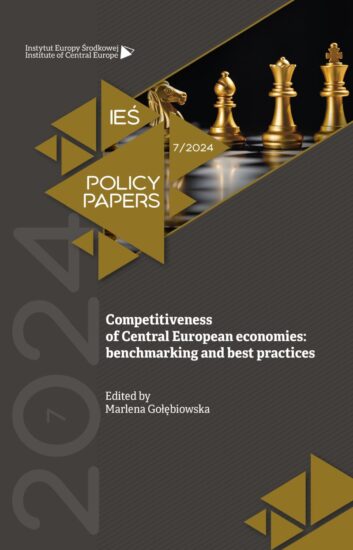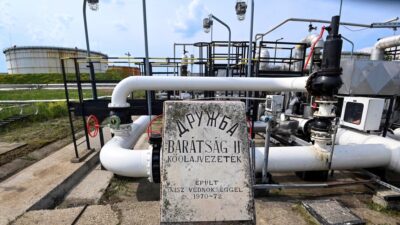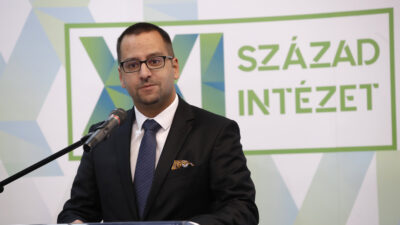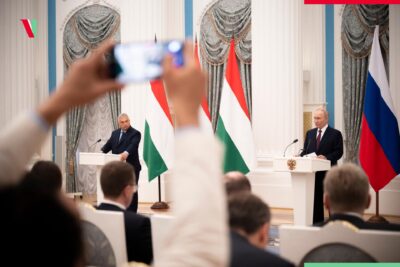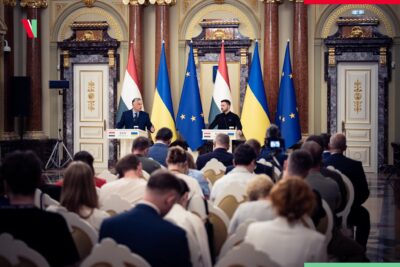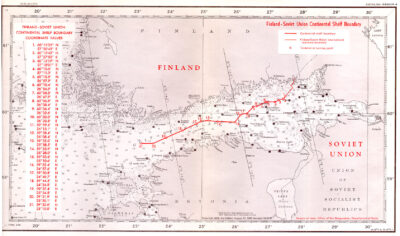Russia’s Cognitive Actions Targeting Poland Through the Use of Migrants from the Post-Soviet Area
In their hybrid actions against Poland, Russian intelligence services have been known to carry out various acts of sabotage. Due to the increase in immigration to Poland of the population from the post-Soviet area, it has become a potential asset for the Russian services in their cognitive activities. These activities are aimed at creating specific mental processes, attitudes and...
More →



